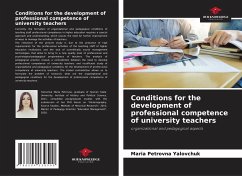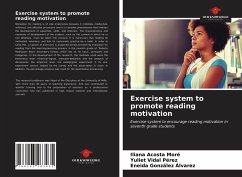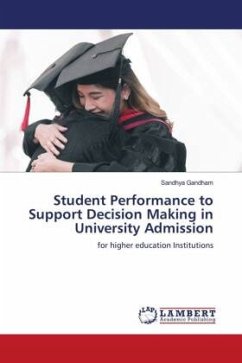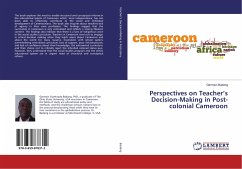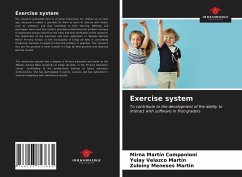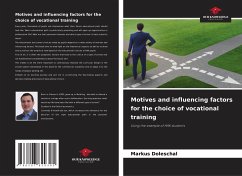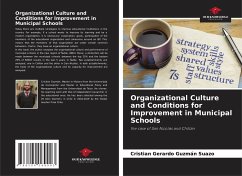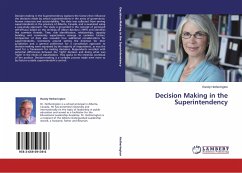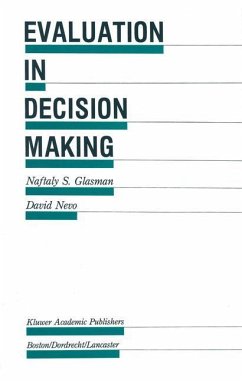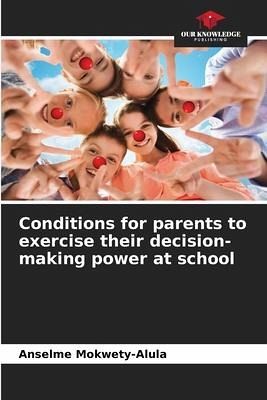
Conditions for parents to exercise their decision-making power at school
Versandkostenfrei!
Versandfertig in 6-10 Tagen
41,99 €
inkl. MwSt.

PAYBACK Punkte
21 °P sammeln!
Legal power (authority) is distinct from the actual exercise of decision-making power (influence). Thus, to exercise decision-making power in a collegial context, every player involved must be capable of influencing, if necessary, if he or she wants to get his or her opinion across. Indeed, it is the party or person who influences a decision who truly wields power, since power in terms of influence is a balance of power and is exercised in a context of interaction. To influence, however, you need to possess the necessary resources in the field concerned to ensure effective argumentation. It's ...
Legal power (authority) is distinct from the actual exercise of decision-making power (influence). Thus, to exercise decision-making power in a collegial context, every player involved must be capable of influencing, if necessary, if he or she wants to get his or her opinion across. Indeed, it is the party or person who influences a decision who truly wields power, since power in terms of influence is a balance of power and is exercised in a context of interaction. To influence, however, you need to possess the necessary resources in the field concerned to ensure effective argumentation. It's a question of being able to justify one's opinions with well-founded arguments. This book raises the issue of how parents exercise their decision-making power within the school. It shows that, while parents have been given the legal power to decide on certain matters relating to school life, their power is limited, as they rarely possess the expertise likely to influence decisions made by school councils. This book can serve as an awareness-raising tool for any mixed group exercising collegial power.



